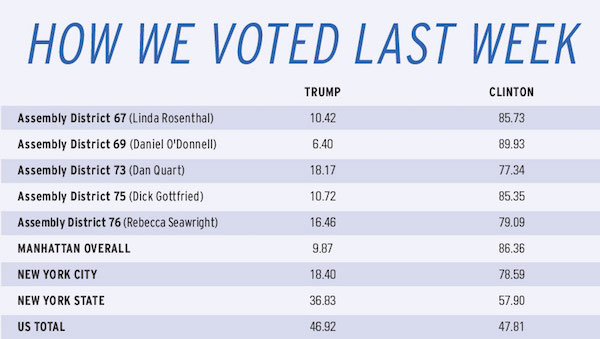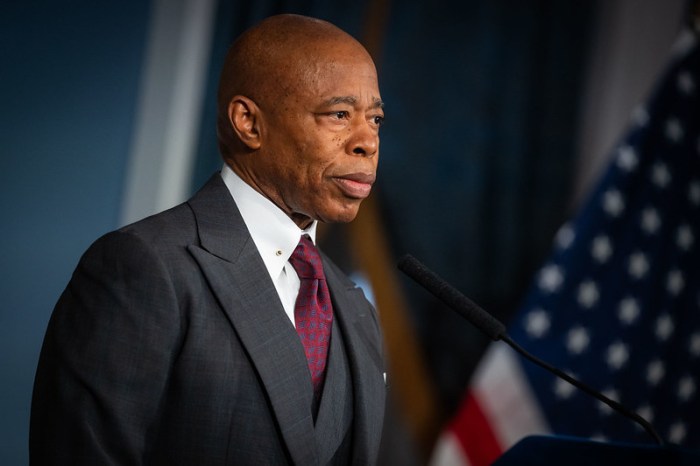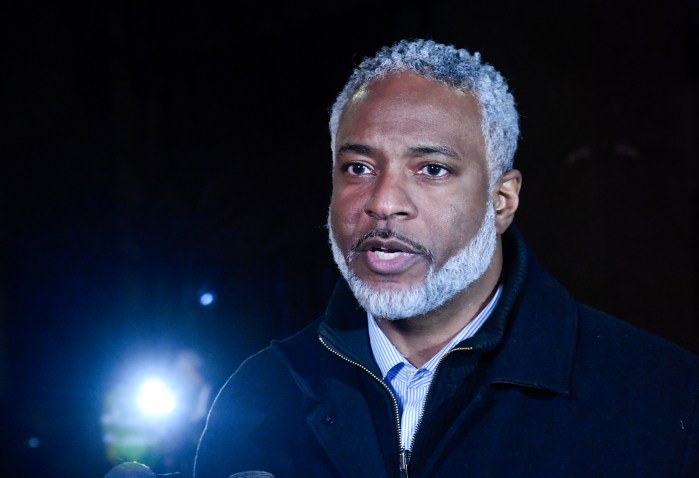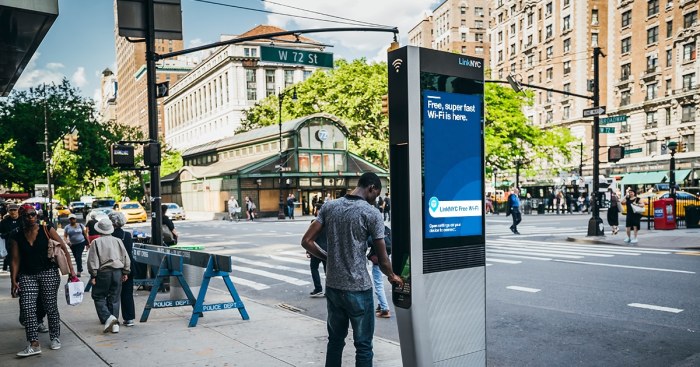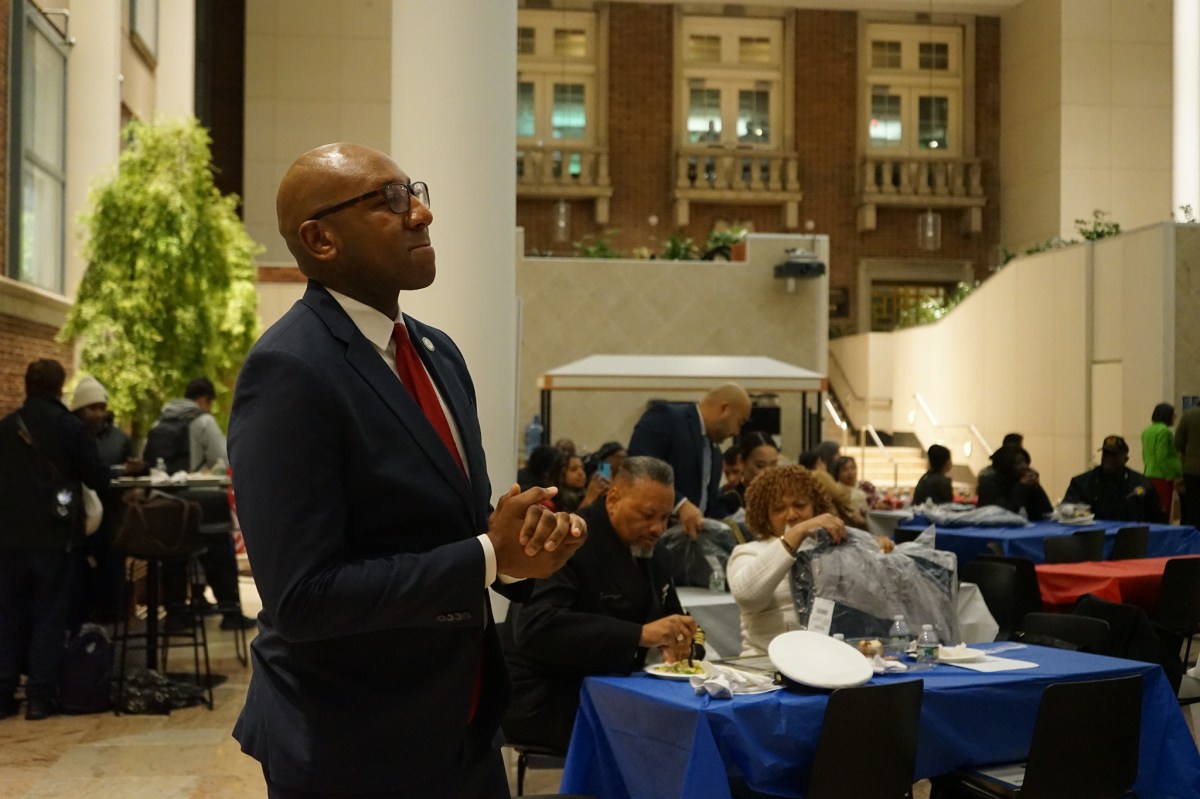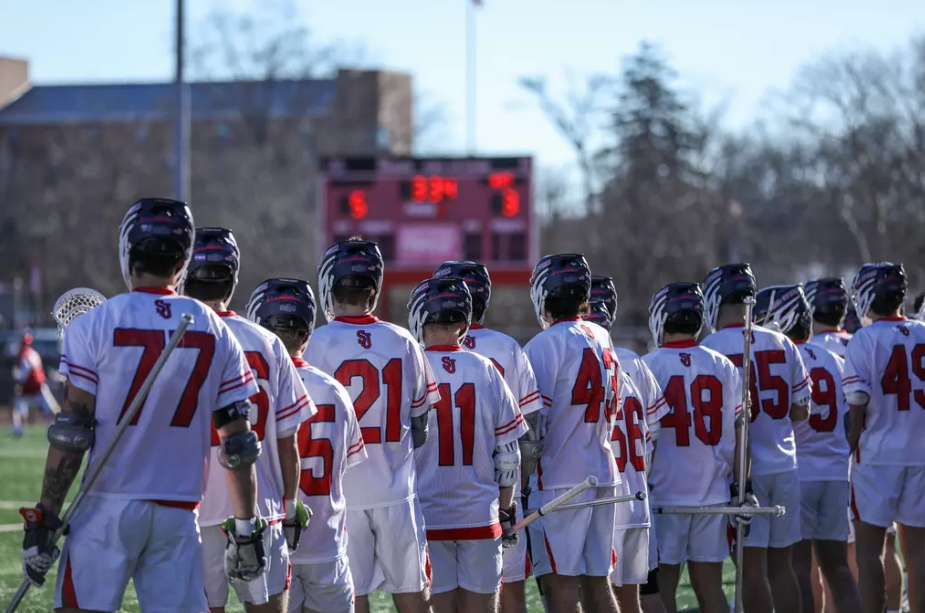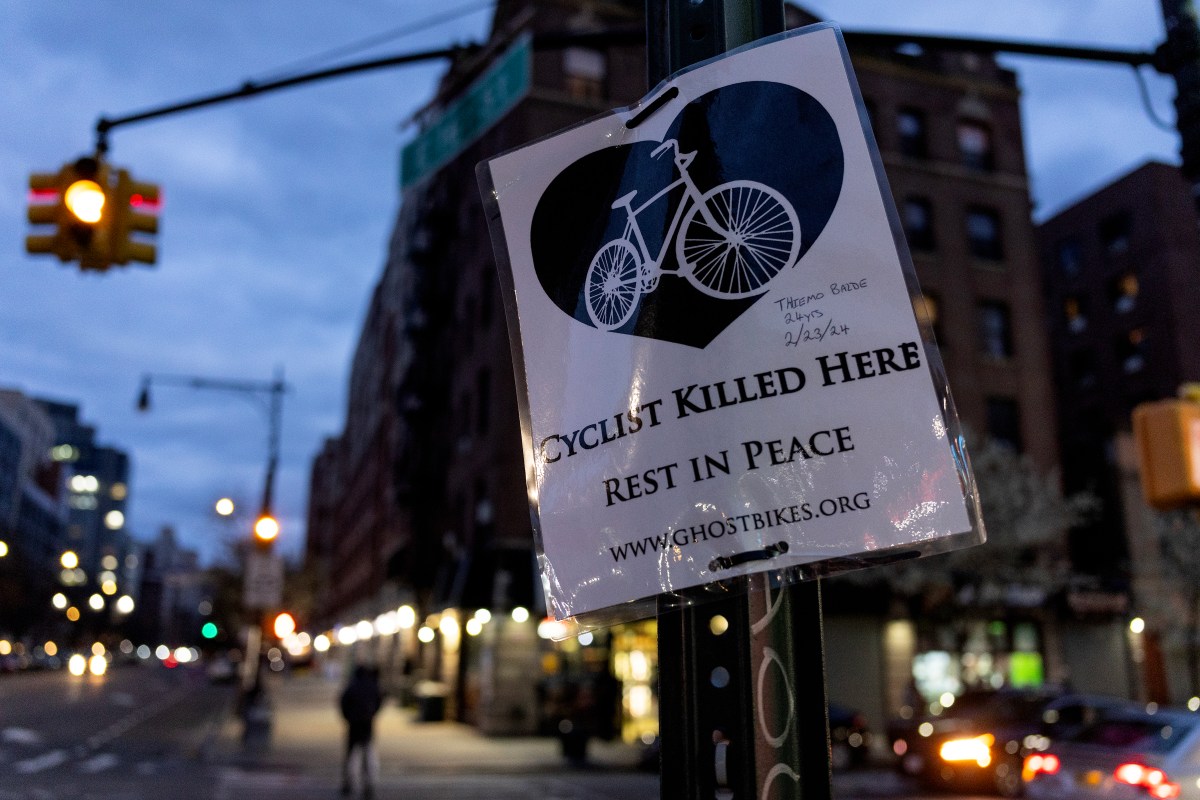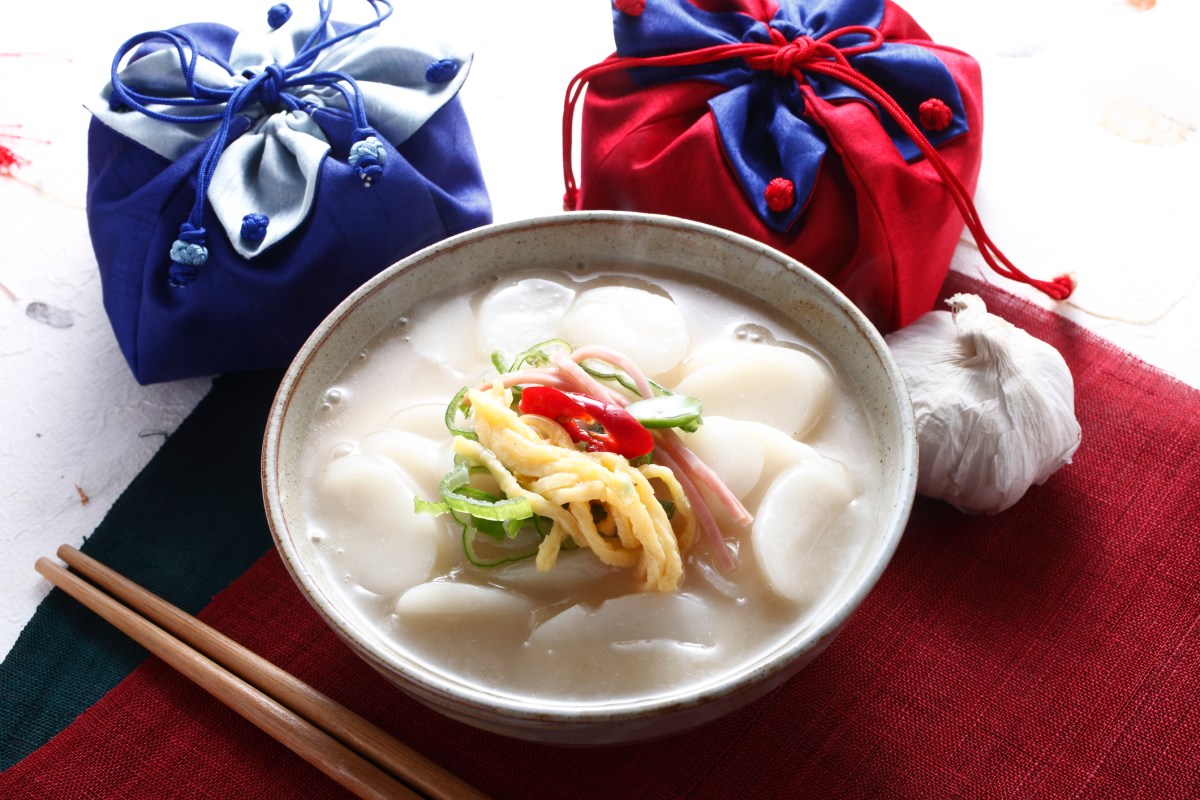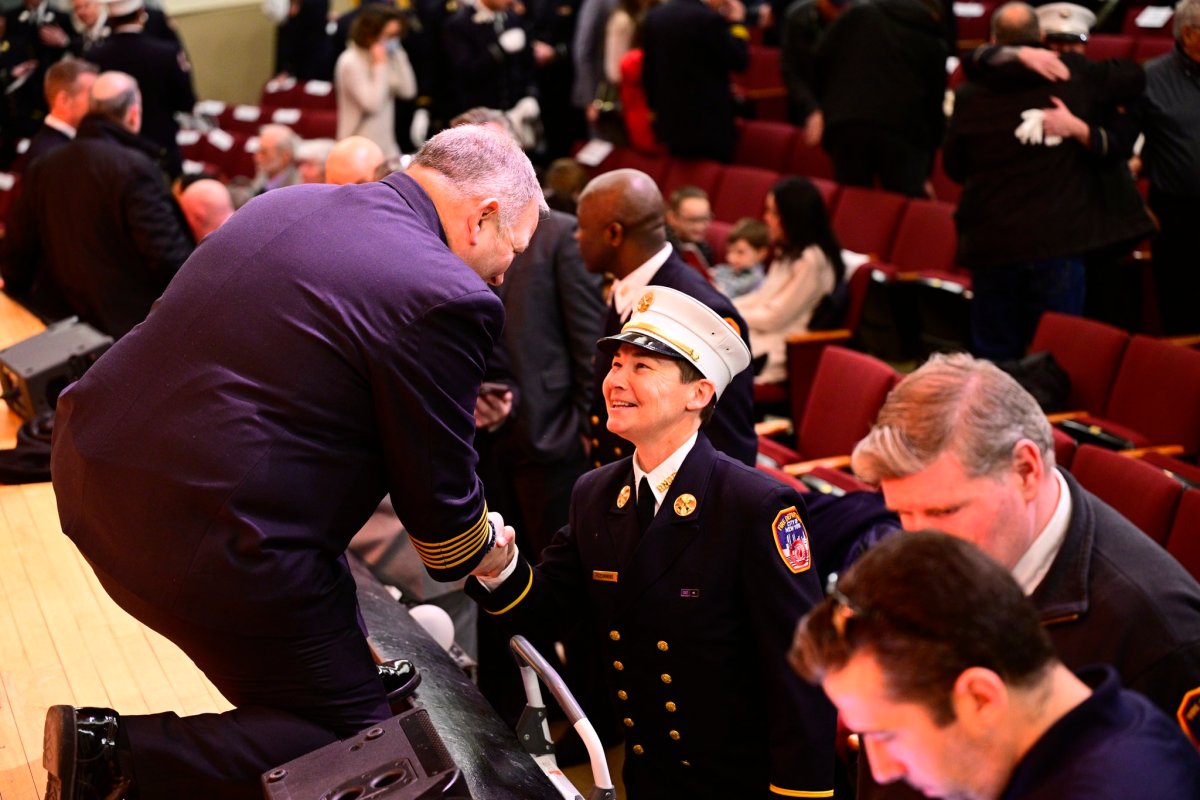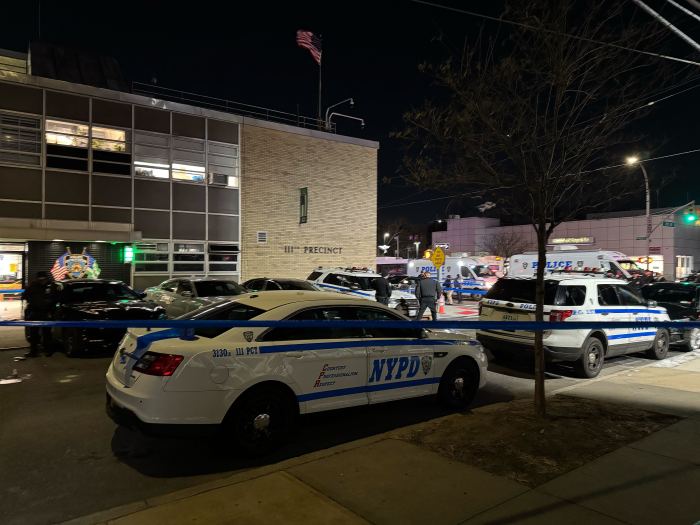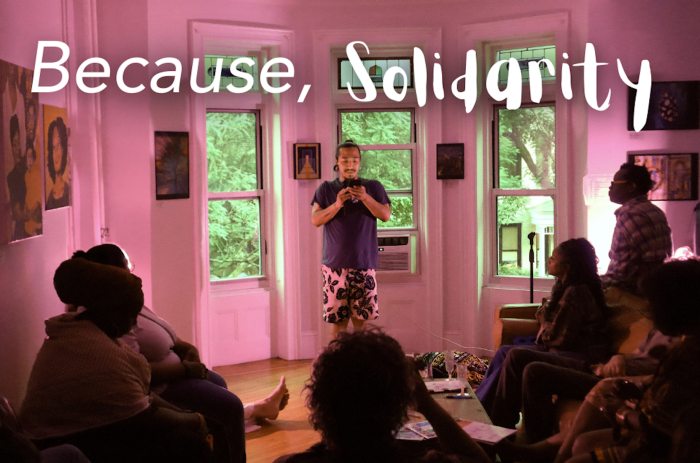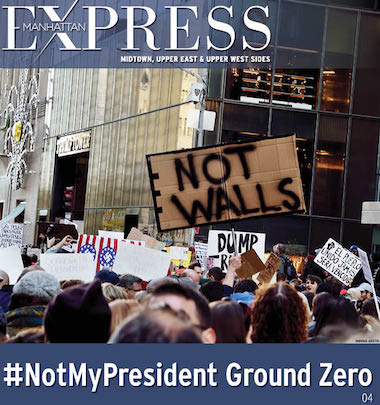
BY PAUL SCHINDLER | As last Tuesday evening’s election upset became undeniable, my friend Analisa in Chicago posted on Facebook, “Are men really that afraid of women?”
And it suddenly hit me. In recent years — with the right wing’s fanatical hatred of President Barack Obama and then in repeated instances of young black men dying capriciously, or worse, at the hands of law enforcement — white America has been schooled in just how little appreciation it has for the lived experiences of African Americans in our midst.
And now, I wonder: have I ever understood what it means to be a woman in our society? Parts of the country hostile to the idea of a black man leading America proved even more resistant to a leadership claim by a woman, despite her unquestioned command of policy, her tirelessness and refusal to step back from a challenge, and her commitment to issues of fairness so critical in the lives of everyday Americans.
EXPRESS OURSELVES
Misogyny — whether on the part of men who fear their patriarchal privilege is slipping away or in some women who have internalized the cultural norms that once ruled a society very different from what many of us hope we are living in — is one word we have to take away from this election.
The other word is demagoguery, which is perhaps even more frightening. Donald Trump bullied his way to the White House. The many ways he did so have been widely reported, but to avoid repeating the list risks a forgetting… a forgetting that could normalize a man who brings aberrant ethical values to the world’s most powerful post.
He first emerged as a political figure with darkly absurd claims that investigators he hired were uncovering evidence that Obama was not born in Hawaii. He slurred Mexican immigrants as “rapists,” and then impugned a federal judge’s impartiality because his parents came to the US from Mexico. He has stigmatized Muslim Americans, and waged an ugly Twitter war with the valiant parents of a Muslim-American military hero who died so his fellow soldiers would live.
He questioned the valor, as well, of John McCain, who spent seven years in a prisoner-of-war camp. “I like the people who weren’t captured,” said the reality TV star, who described his battle to avoid STDs as a young man as “scary, like Viet Nam.” He imitated a disabled reporter to the approving roar of a campaign crowd.
In his so-called outreach to African Americans, Trump regularly described their neighborhoods as “hell,” their advances in society virtually non-existent. He insults women’s appearance routinely and was caught on tape talking about his celebrity giving him license to sexually assault unsuspecting women — his words there eerily echoed by numerous women who have accused him of just such behavior.
In a debate against Hillary Clinton, he threatened to unleash a special prosecutor on her so that she would be locked up. And, when faced by polls suggesting he would lose, he claimed the whole business was “rigged” — especially in places like Philadelphia, Chicago, and St. Louis. Notice any pattern there?
All of these examples are textbook bullying and demagoguery, and the final several in that list betray a hostility to democratic norms and an affinity with authoritarian impulses that should chill any sound-thinking American. We cannot normalize Donald Trump because we cannot normalize authoritarian demagoguery. In a riveting essay in Vox last week, Ezra Klein recalled that when Ben Franklin left Independence Hall at the end of the 1787 Constitutional Convention, a woman eagerly asked him whether the nation was to have “a republic or a monarchy.” To which Franklin replied, “A republic. If you can keep it.” There is no hyperbole in quoting this wisest of American Founders now.
Manhattan voters strongly rejected Trump’s message this year; he did not muster 10 percent here. Even with a win in Staten Island, the president-elect garnered just 18 percent of the vote citywide.
For many Clinton supporters, the reaction has been to proclaim #NotMyPresident, a clear rejection of any notion that Trump taking power can be viewed as the ordinary course of business. Trump enters the presidency laughably unprepared, his worldview unformed and often internally inconsistent, and his closest political allies drawn from the most odious reactionary forces in America.
As chief strategist and senior White House counselor, Steve Bannon, most recently of Breitbart News, is positioned to be the key player in the Trump orbit — eclipsing the nominal honcho, Reince Priebus, who was named chief of staff. Breitbart News, under its late founder, Andrew Breitbart, was already well beyond the pale, but after Bannon stepped up upon Breitbart’s sudden death in 2012, it exploded into a cesspool of white nationalist, anti-Muslim, and misogynist cheerleading for the nation’s extremist alt-right. A recent string of hit pieces on Jewish figures have traded in disturbing anti-Semitic tropes.
Other prominent players in the Trump transition include Alabama Senator Jeff Sessions, whose nomination to the federal bench by Ronald Reagan in 1986 imploded when racist comments he made came to light; Myron Ebell, a climate change denier who is overseeing the incoming administration’s stewardship of the Environmental Protection Agency; and Rudy Giuliani, the often popular but controversial two-term mayor who won plaudits for his handling of the 9/11 aftermath but has been overwrought, even sinister in his public demeanor this year.
Trump’s unprecedented rise puts the very idea of the American experiment at stake, along with the stability of the world, which relies on the US — for all its sometimes egregious sins on the world stage — taking some measure of responsibility for helping make the global system more fair. Many of us here in New York — as well as nationwide — find we have no principled choice but to stand firm in resistance and remain true to the nation we all want to call home.
